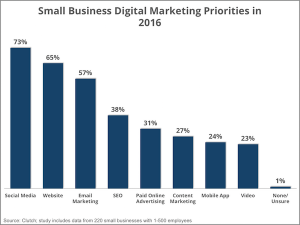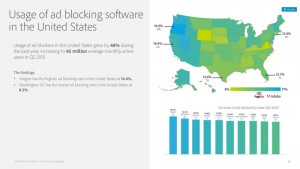Placecast says its location-enabled units outperform conventional native ads.

Placecast is bringing location intelligence to native advertising to improve relevance and performance. The company also announced last week that it has been awarded two patents pertaining to “location data management and targeting.”
Placecast is one of the longest-existing companies in the location-based marketing segment, having begun as an SMS-based retail marketing platform using proximity and radius targeting. The new offering, called “Placecast Native,” promises the non-intrusive benefits of native, with the additional targeting, personalization and offline attribution capabilities of location intelligence.
Placecast says that current native ads underperform because of limited relevance. The new Placecast units use “a single set of creative assets that can be dynamically reassembled” to improve customization and relevance, says CEO Alistair Goodman. Behavioral and audience data, derived from real-world location and location history, is one of the keys to mobile ad relevance.

Goodman explained to me that in the company’s beta testing with selected partners, Placecast has seen “significant lift in performance,” including CTR and store visitation. Goodman added that Placecast is currently testing the new units with brands in the retail, CPG and automotive segments.
Beyond the new units, Placecast announced that it had been awarded two new patents around location data management. The two patents were initially filed in 2008. Placecast now has three location-related patents: #7,942,319, #9,378,507, #9,390,136. The latter two are the new ones. Here’s the company’s description of what they cover:
With Patent #9,390,136 Placecast has the ability to manage location data collected from multiple sources and associate source IDs and content within a specified area. Patent #9,378,507 covers the ability to location-target a consumer based on a multitude of place and time data, and make targeted ad decisions based on that information.
Both apparently involve use of third-party data. Accordingly, they may broadly apply to ad networks, exchanges and others using third-party location data for targeting — in which case they would cover lots of current activity and industry players. However they may not equally apply to companies that rely on first-party data for location targeting (e.g., Google, Facebook).
While Placecast was an early pioneer in location-based mobile marketing, arguably ahead of its time, the company has more recently been overshadowed by a rush of location-based mobile ad platforms and competitors. The new native units may help the company regain attention; and the patents, depending on their ultimate strength and breadth, may make the company a strong candidate for acquisition.
Marketing Land – Internet Marketing News, Strategies & Tips
(31)
Report Post





